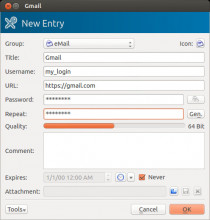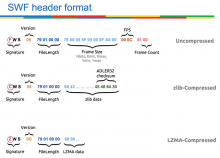Hacking a $100K Tesla Model S For Fun and $10K Profit
At the 2014 SyScan 360 Conference, being held July 16th and 17th 2014 at the Beijing Marriott Hotel Northeast in Beijing China. Security professionals and hackers paying $319 to attend the conference will have the opportunity to win $10,000 if they can compromise the security of the Tesla Model S.
While the official rules haven’t been released, one could surmise that this will involve remotely gaining control of the vehicle’s controls or physically via the 17 inch touchscreen in the Tesla.













































































